
Long-Haul Transport and Horse Health Risks
Long-distance transport poses risks for horse health and welfare that should not be taken lightly, researchers found.

Long-distance transport poses risks for horse health and welfare that should not be taken lightly, researchers found.

Confinement is difficult but often necessary for healing. Learn how to keep horses healthy while on stall rest.

Causes of epistaxis—bleeding from the nose—can range from mild to life-threatening conditions. Here’s what to know.
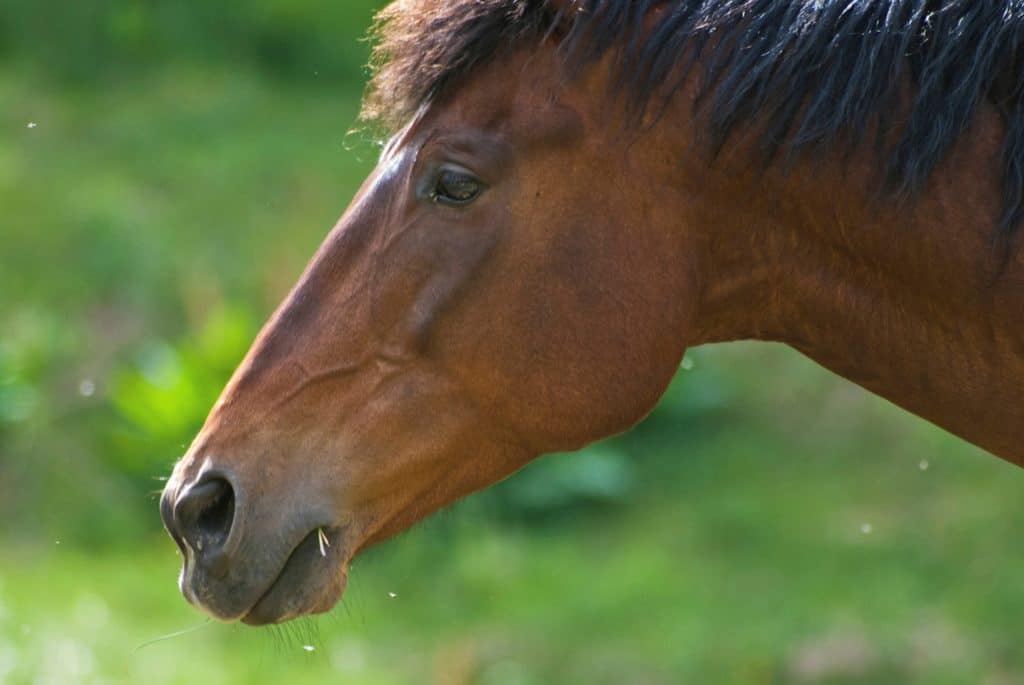
Researchers found a “strong association” between horses developing asthma after contracting a rhinitis virus.

Learn how to make changes around the barn to reduce horses’ likelihood of developing respiratory disease.

Be mindful of the associated health risks and understand how to best manage your horse before and after air travel.

Of the 802 respondents, 170 (21%) said they use a stall freshener or deodorizer on an as-needed basis.
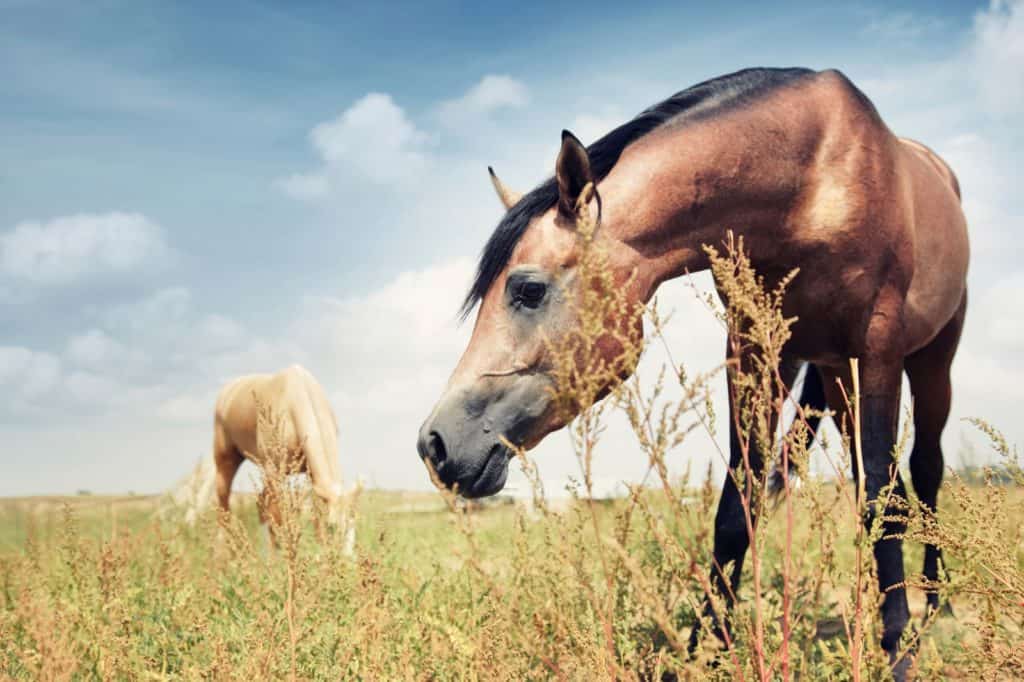
Asthmatic horses’ clinical signs worsened when temperature and humidity increased suddenly, researchers found.

Peat might not be pretty, but study results suggest it might be better for your horse’s health than wood shavings.

Vets can use SAA levels to differentiate between systemic inflammation and noninflammatory diseases in horses.
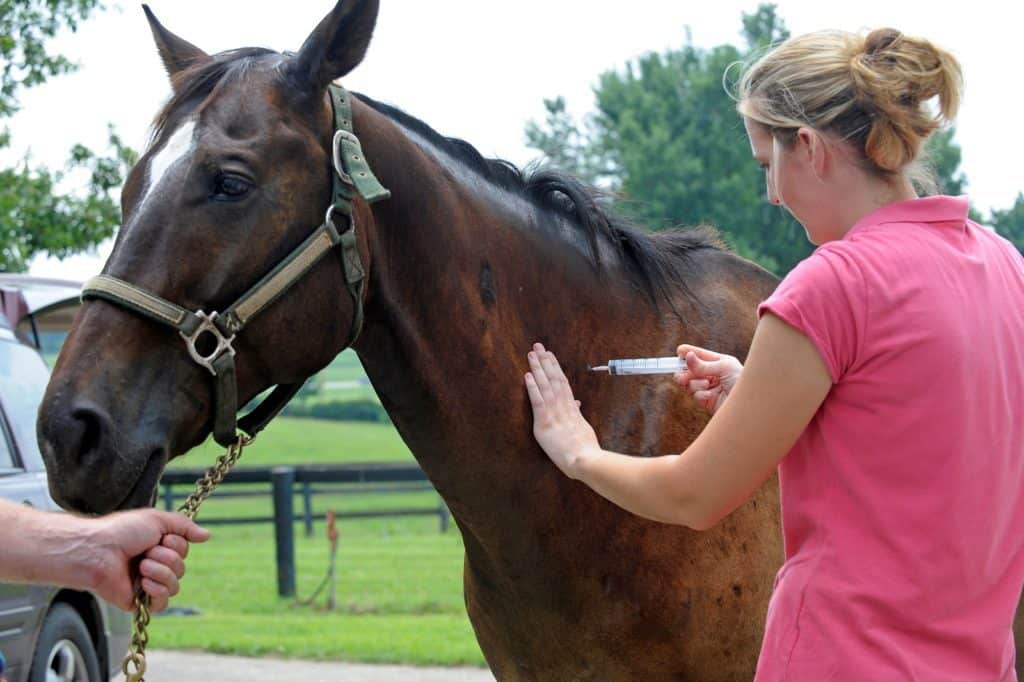
Here’s a rundown on our arsenal of equine disease-fighting drugs and their proper uses.

Horses are a lot like preschoolers: gather them in groups and someone’s likely to get sick. Diseases like equine influenza, rhino, and strangles spread quickly through herds and, in some, they can turn serious fast. Learn how to protect your horse.
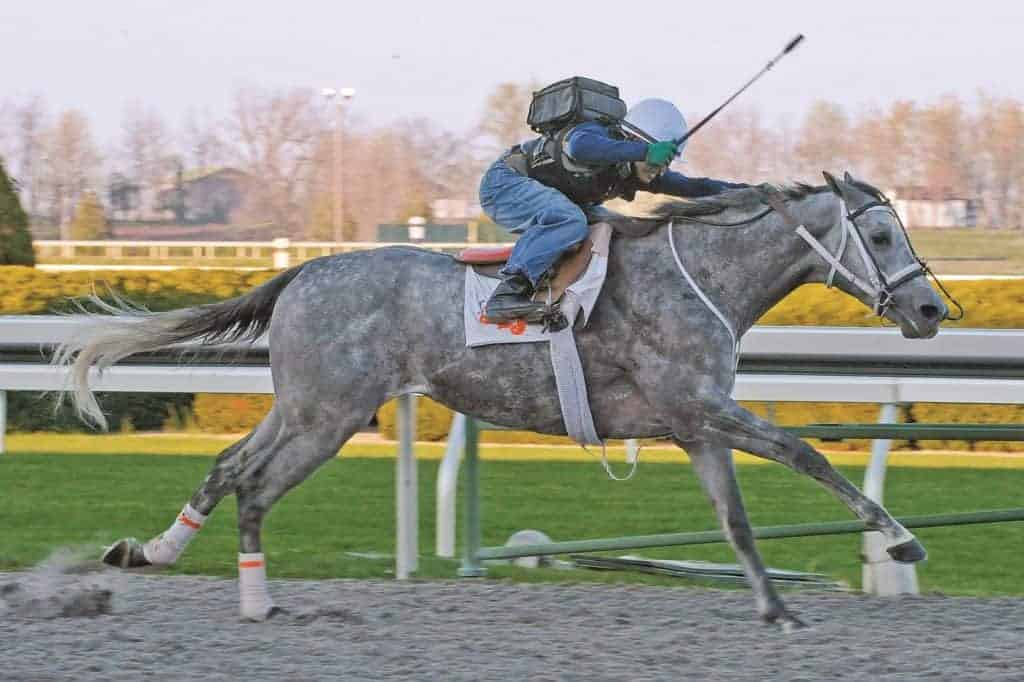
Vets can evaluate and treat performance-limiting respiratory problems to help return the patient to peak performance.

Learn about this sticky pleuropneumonia complication and why it’s bad news for affected horses.

Often used to treat dorsal displacement of the soft palate, the technique also appears useful for treating dysphagia.
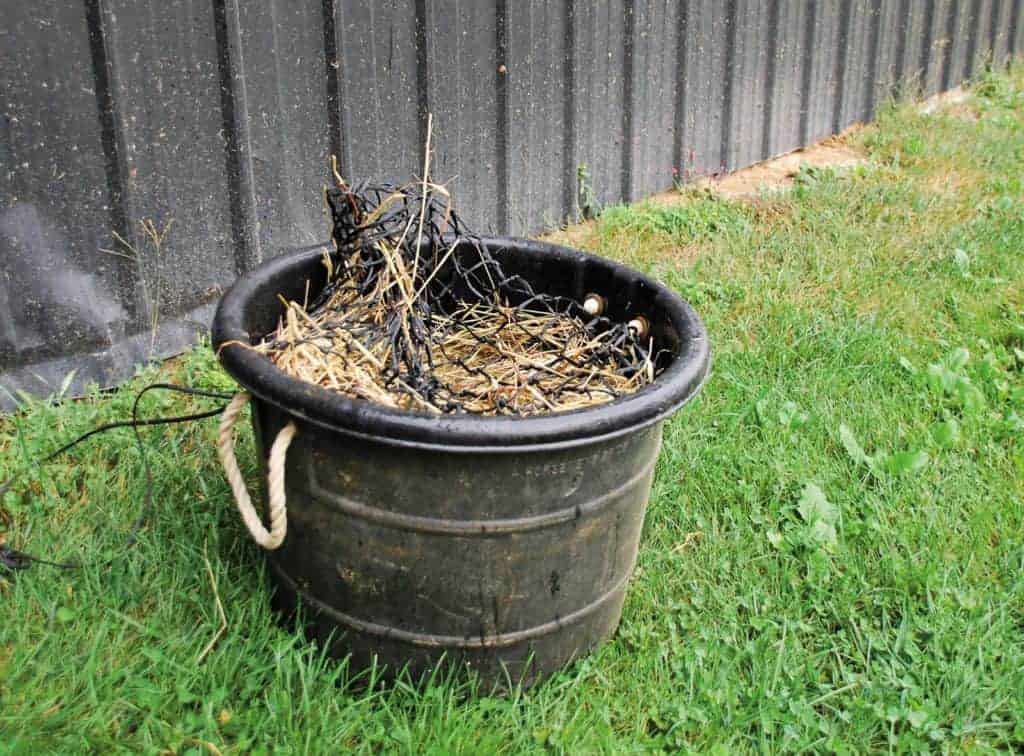
In some cases, hay needs to be modified slightly to decrease the soluble sugars to maximize the hay’s benefits. Here’s what you need to know.
Stay on top of the most recent Horse Health news with
"*" indicates required fields